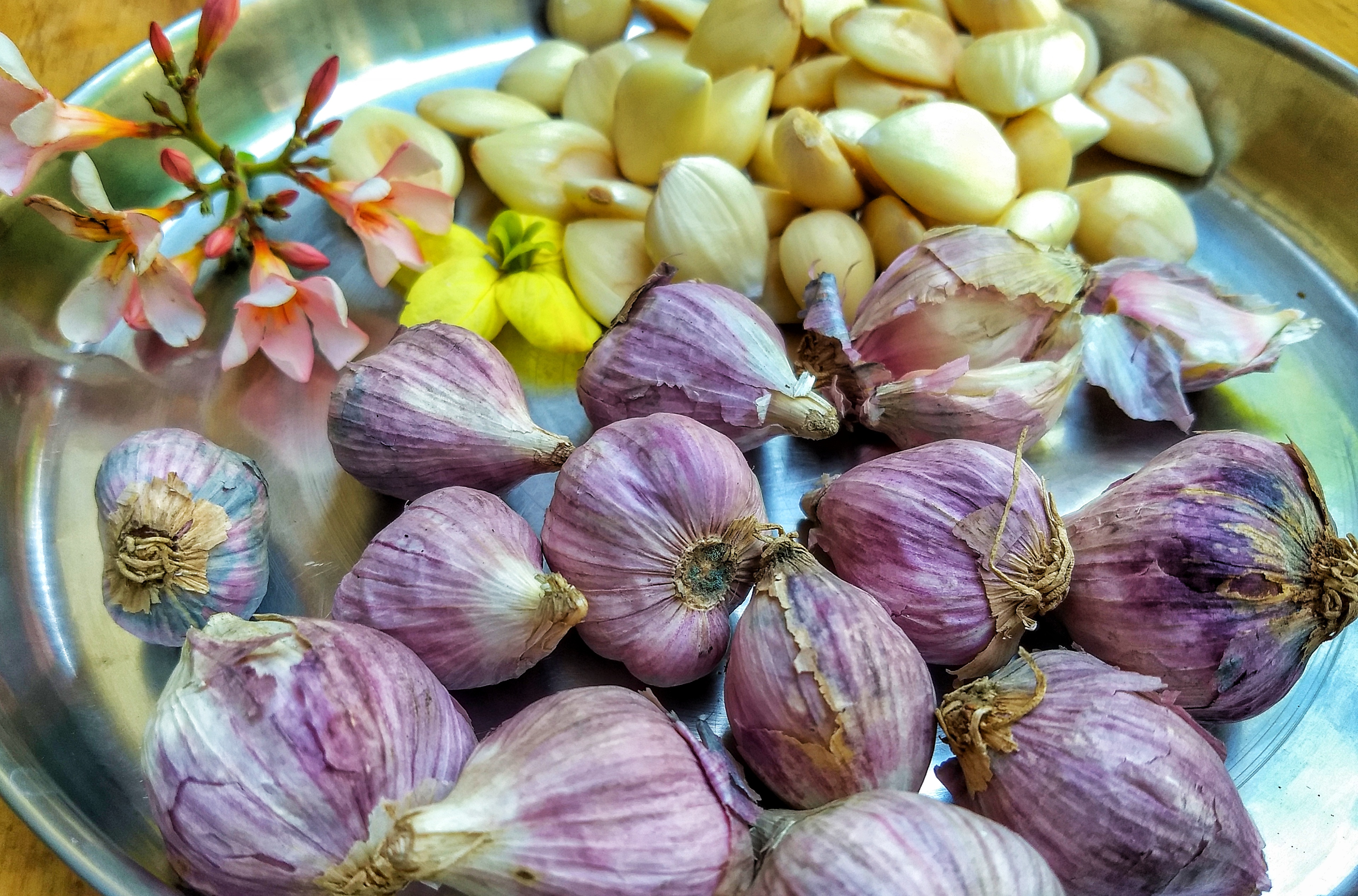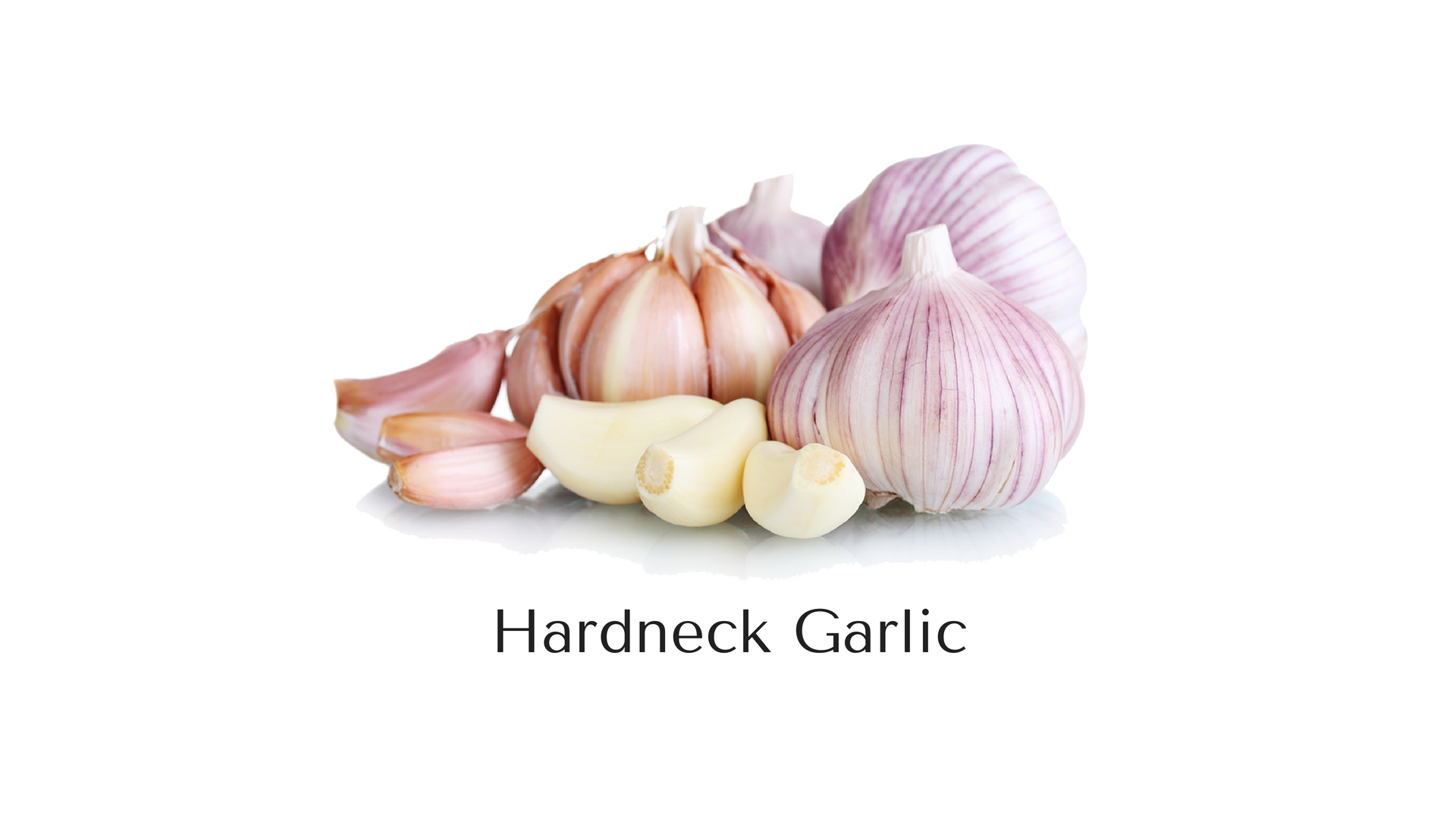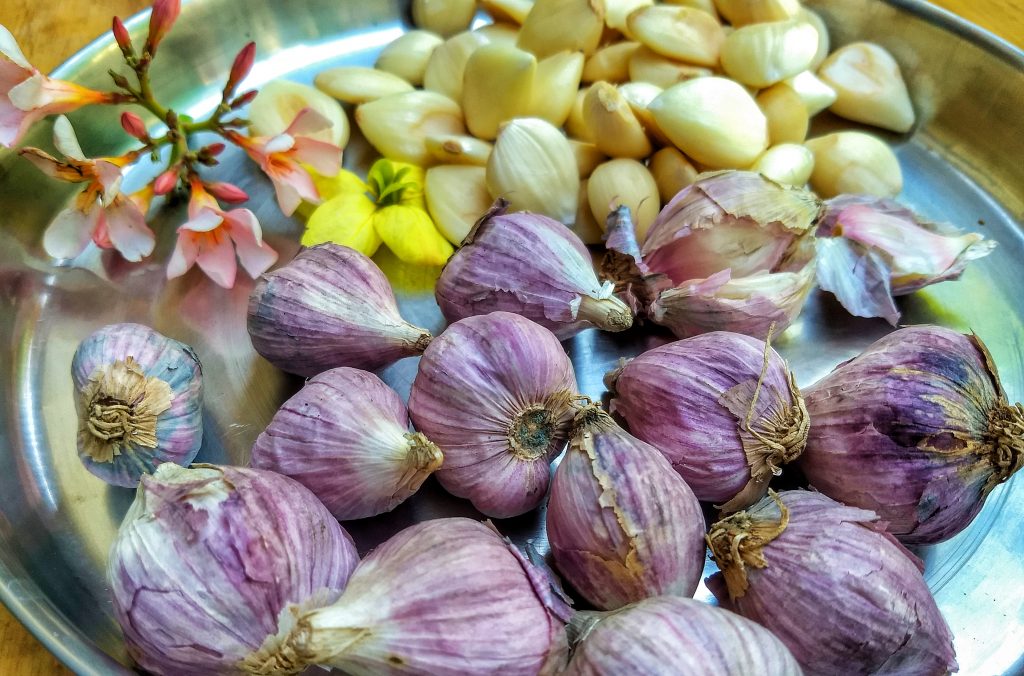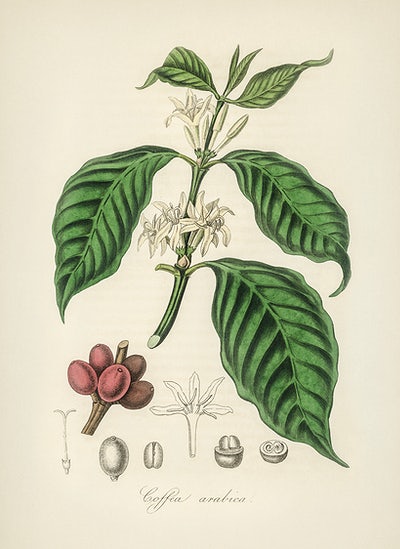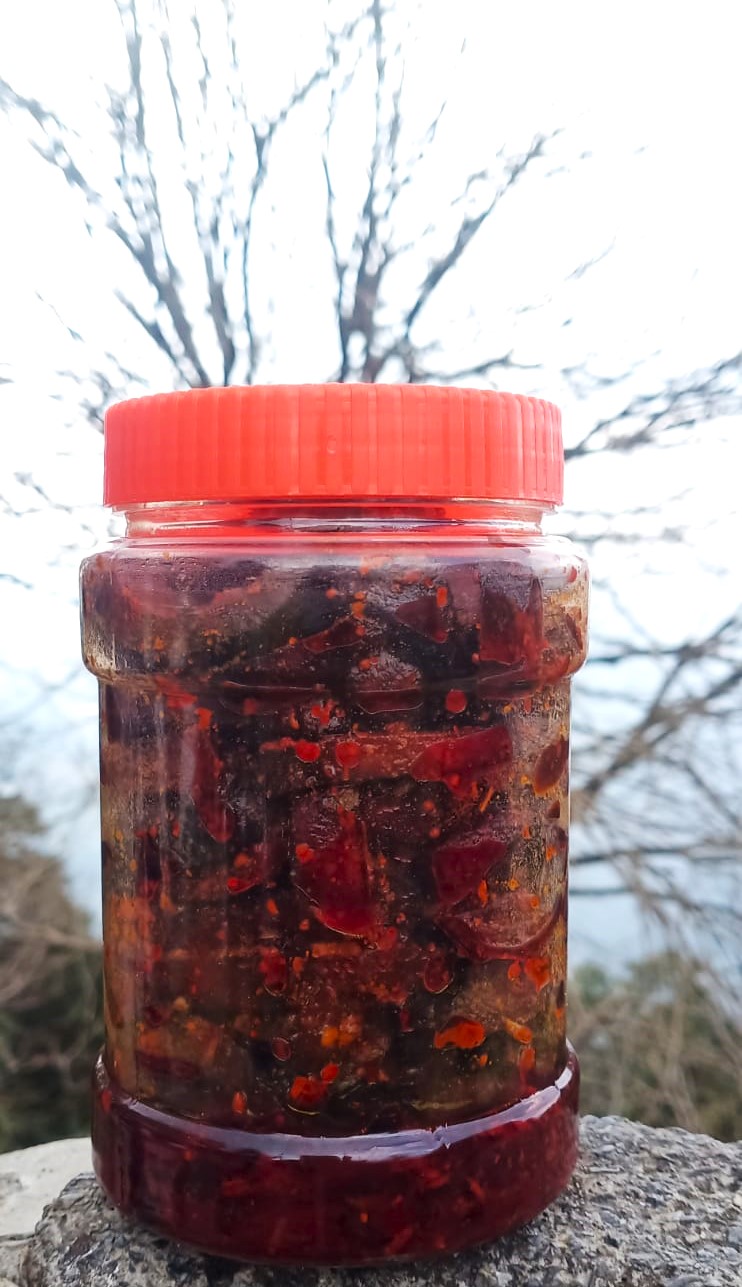
Beetroot, with its rich crimson hue, is not just a feast for the eyes but also a powerhouse of nutrients. Its benefits span from heart health to athletic performance. But when it comes to the kidneys, the relationship between beetroot and kidney health is multifaceted. This guide delves deep into the world of beetroot, addressing its impact on kidney health, potential concerns, and the various products available in the market.
Beetroot: A Nutritional Marvel
Beetroot is a root vegetable that’s brimming with essential nutrients. It’s packed with vitamins like folate, potassium, and vitamin C. Moreover, its antioxidant properties, primarily from betalains, make it a sought-after vegetable for health enthusiasts.
Read more about the Power of Beetroot and Beet Juice.
Beetroot and Its Influence on Kidney Health
1. Potential Benefits:
- Blood Pressure Management: Beetroot is rich in nitrates, which can help in dilating blood vessels, leading to better blood flow and reduced blood pressure. Since high blood pressure can be detrimental to kidney health, beetroot’s role in its regulation is crucial.
- Antioxidant Boost: The betalains in beetroot have potent antioxidant properties, which can combat oxidative stress, a factor that can harm kidneys.
2. Points of Caution:
- Oxalate Content: Beetroot contains oxalates, which, in excess, can contribute to the formation of kidney stones. Those with a predisposition to oxalate kidney stones should be mindful of their beetroot consumption.
- Chronic Kidney Disease (CKD): People with CKD should approach beetroot with caution. It’s essential to consult with a healthcare professional before making beetroot a regular part of the diet.
Beetroot Products and Their Impact on Kidney Health
1. Beetroot Juice:
- Pros: A concentrated source of beetroot’s benefits, beetroot juice can be a quick and easy way to incorporate this vegetable into one’s diet.
- Cons: Like the whole vegetable, its juice is also high in oxalates. Those prone to kidney stones should consume it in moderation.
2. SuperBeets:
- What is it?: SuperBeets is a beetroot powder supplement that offers a concentrated form of beetroot’s benefits.
- Kidney Considerations: As with natural beetroot, those with kidney concerns should consult a healthcare provider before using SuperBeets or similar supplements.
3. Himalayan Beetroot Pickle by Masala Monk:
- What is it?: A delightful fusion of beetroot’s earthy taste with the tang of pickling, Himalayan Beetroot Pickle by Masala Monk is a gourmet treat. Made with the finest beetroots from the Himalayan region, this pickle is a blend of health and taste.
- Kidney Considerations: While the pickle offers a unique way to enjoy beetroot, it’s essential to consider its salt content, especially for those with kidney issues. Always consume in moderation and as part of a balanced diet.
Conclusion
Beetroot’s myriad health benefits make it a valuable addition to our diets. However, when it comes to kidney health, a balanced approach is crucial. Whether you’re sipping on beetroot juice, taking supplements, or relishing the Himalayan Beetroot Pickle, always keep your health considerations in mind and enjoy the goodness of beetroot responsibly.
Frequently Asked Questions (FAQs)
- How does beetroot impact kidney health? Beetroot offers several benefits for kidney health, primarily due to its ability to help regulate blood pressure. However, its high oxalate content can be a concern for those prone to kidney stones. It’s essential to balance its consumption, especially if you have kidney-related issues.
- Is beetroot juice safe for those with chronic kidney disease (CKD)? Beetroot juice provides a concentrated dose of the vegetable’s nutrients. While it can offer benefits like blood pressure regulation, its high oxalate content can be a concern for CKD patients. It’s always best to consult with a healthcare provider before making it a regular part of your diet.
- I’ve heard about SuperBeets. Is it safe for kidney health? SuperBeets is a beetroot powder supplement that offers a concentrated form of beetroot’s benefits. Like natural beetroot, those with kidney concerns should approach SuperBeets with caution and consult a healthcare provider before use.
- What’s special about the Himalayan Beetroot Pickle by Masala Monk? The Himalayan Beetroot Pickle by Masala Monk is a gourmet treat made from the finest beetroots from the Himalayan region. It offers a unique blend of health and taste. However, due to its salt content, those with kidney issues should consume it in moderation.
- Can beetroot help with high creatinine levels? While beetroot has numerous health benefits, there’s limited evidence to suggest it can directly reduce creatinine levels. However, its potential benefits for blood pressure might indirectly support kidney health.
- Are beets and beetroot the same when it comes to kidney health? Yes, beets and beetroot refer to the same vegetable. Whether consumed as a whole vegetable, juice, or in supplement form, the considerations for kidney health remain the same.
- I have a history of kidney stones. Should I avoid beetroot? Beetroot is high in oxalates, which can contribute to the formation of oxalate kidney stones. If you have a history of this type of stone, it’s advisable to consume beetroot in moderation and consult with a healthcare provider.
- How does beetroot influence blood pressure, and how is it related to kidney health? Beetroot’s high nitrate content can help dilate blood vessels, promoting better blood flow and potentially lowering blood pressure. Since high blood pressure is a risk factor for kidney disease, beetroot’s role in its regulation is beneficial for kidney health.
- Is the salt content in the Himalayan Beetroot Pickle a concern for kidney health? Yes, salt content can be a concern, especially for those with kidney issues or high blood pressure. It’s essential to consume the pickle in moderation and be mindful of overall salt intake.
- Are there any side effects of consuming too much beetroot? Overconsumption of beetroot can lead to beeturia, where urine and stool might turn pink or red. Additionally, due to its high oxalate content, it can contribute to the formation of kidney stones in susceptible individuals. Always consume beetroot in balanced amounts.
Blog Tags: Beetroot, Kidney Health, Blood Pressure, Oxalates, Beetroot Juice, SuperBeets, Himalayan Beetroot Pickle, Masala Monk, Kidney Stones, Antioxidants.


